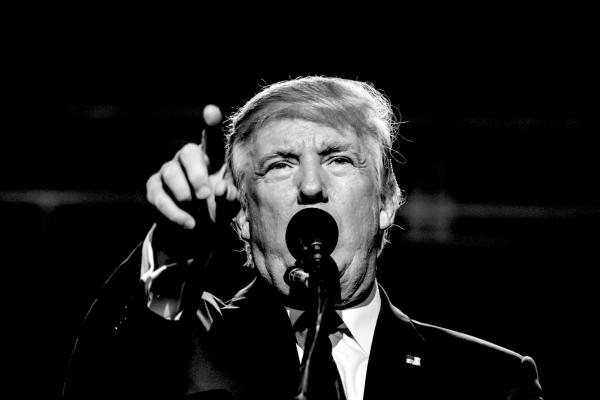Oct 25, 2018
Trump's rallies, like his tweets, have been hard to watch, but they clearly reveal a political strategy of fear, based on continual and unapologetic lying, which deliberately evokes racial resentment and hatred. This president’s purpose is indeed to divide us, especially along racial lines. Again, we don’t yet know who is directly responsible for this latest string of violence, but it can no longer be said that there is no relationship between violent presidential rhetoric against opponents and the media, and the violent action against those very people. You can no longer say, “I don’t like his rhetoric and tweets, but I like his policies."
Read the Full Article

Already a subscriber? Login
